Opa! My Big Fat Greek Wedding 3 hits the big screen, creating a trilogy. We all know and love the kinship represented in the first film, but the latest addition to the series focuses on heavy themes and realistic subject matter.
The premise follows the Portokalos family as they travel back to Gus’s (Michael Constantine) home village of Varipatades in Corfu, Greece. His daughter, Toula (Nia Vardalos), is tasked with returning his notebook to his childhood friends. The Portokalos family faces loss and seeks fulfillment in a reunion. I went into the theaters expecting a comedic tale of the family navigating another wedding, or some other excitable event. Instead, this movie dealt with a lot of grown-up issues. Toula and Ian’s daughter deal with flunking in her first year in college, all while battling an awkward romance with a young man named Aristotle. Back home in Chicago, Maria begins to experience symptoms of Alzheimer’s. This film really grasped familial bonds and roles, how they shape who we become as people, and how they affect our lives later on.
My Big Fat Greek Wedding 3 has stirred the media in anticipation leading up to its premiere. Having written the screenplay for the first film, Vardalos directed the latest in the series alongside producers Tom Hanks, Rita Wilson, and Gary Goetzman.
What allured viewers to the first film was not retained with the sequels. When I watch My Big Fat Greek Wedding, I know I’m going to laugh at the Windex jokes and Aunt Voula commenting on relatives, or the tense demeanor of Ian’s parents. The enthusiasm and chaos from the Portokalos family are infectious through the screen, which makes the first film a classic and a movie worth rewatching time and time again. However, with the second, and more relevant, third movie, this charm is wholly lost. The third film depicts how losing a family member resets a family dynamic and how time can thieve one’s memory.
With Gus’s passing and Maria’s declining health, a shadow is cast over the family as they grapple for something to revive their bond. The film also displays the struggle families face in preserving their culture, the discovery of family secrets, and forbidden love due to differing cultures. The third film’s ambiance and general mood starkly contrast with the original. While new developments in trilogies add complexity to the plot, when watching a rom-com, I want to watch a cheesy rom-com- not a depressing coming-of-age story that I expect to be lively. There were also numerous occasions where I was plain confused. Without indulging in any spoilers, there is a scene where Toula acts out of character when a mysterious man appears. When and if you watch this film, you will definitely understand what I am referencing, but, it falls in line with the rest of the film feeling forced.
Although this film left me disenchanted from the vibe it cultivated, I enjoyed seeing recurring actors such as Lainie Kazan (who plays Maria Portokalos), John Corbett (who plays Ian Miller), and Andrea Martin (who plays Aunt Voula) who each contributed to the spiritedness that drew viewer’s attention to the original film. As always, I adored the chemistry between Nia Vardalos (Toula) and John Corbett (Ian). It’s incredible to see how their relationship as actors has been sustained throughout the years.
I also appreciated the usage of music. Usually, movies related to Greece use stereotypical, albeit, soothing stringed instruments. Yet, Greek pop songs were peppered throughout the film, once again reinforcing a more modern touch to the story.
As for the actual shots of the movie, the scenery was absolutely breathtaking. The setting is mainly a declining village with a population of six people. Nevertheless, the audience watched spectacular overhead views of Greece, with several shots taken in Corfu, Crete, Paros, Hydra, and Santorini.
At this point, the writers know people love My Big Fat Greek Wedding but are just continuing the story for profit. I did not find this film funny. The dialogue felt inorganic and superficial, and the actors seemed as if they were participating in a falsified sense of nostalgia, rather than embodying their characters. I also felt that the writers threw in modern ideas and concepts just because even though it did not serve the plot. For instance, in the Eastern Orthodox Church, cremation is forbidden. In the film, Gus is specifically cremated. While watching this movie, I felt that varying political stances and Western beliefs were cloaked in familiar characters to synergize a traditional mindset with a modern one.
Filmmakers- don’t fix what isn’t broken. The first film was fantastic! Toula comes from a large, noisy Greek family and wants to marry a non-Greek. It’s funny, a little corny, and heart-warming. When film producers begin to sacrifice quality for quantity, that’s when lovable movies and characters become unsatisfactory, and it’s telling.
If you haven’t seen this movie, you won’t be missing out. Save your money, save your time, rewatch the first film, have a good laugh, and soak in this feel-good comedy.


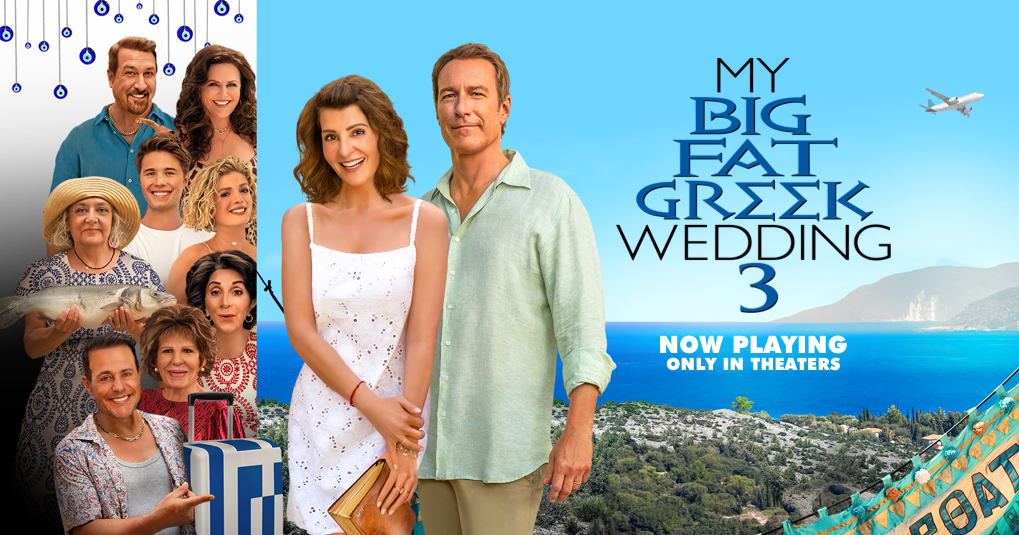


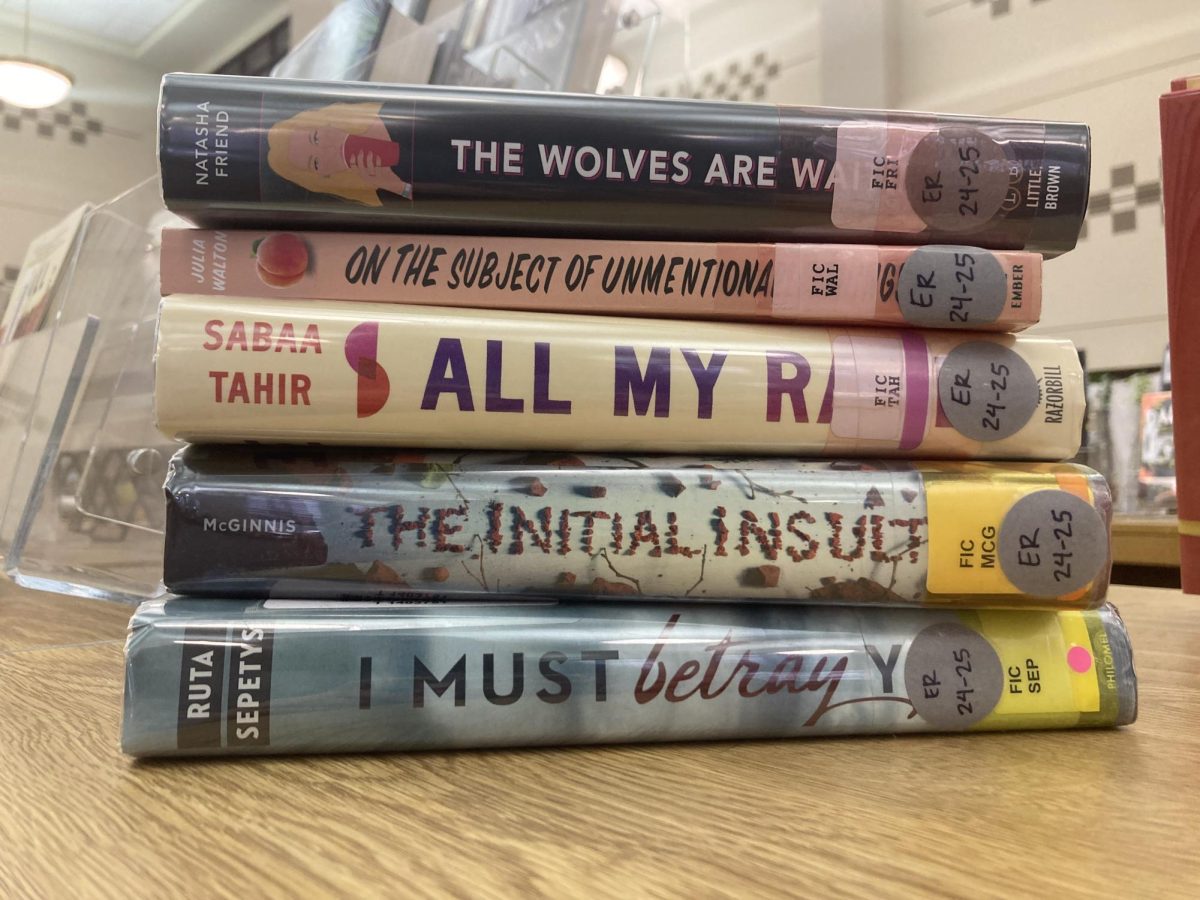

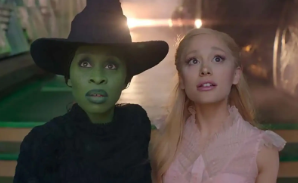
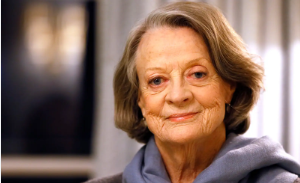
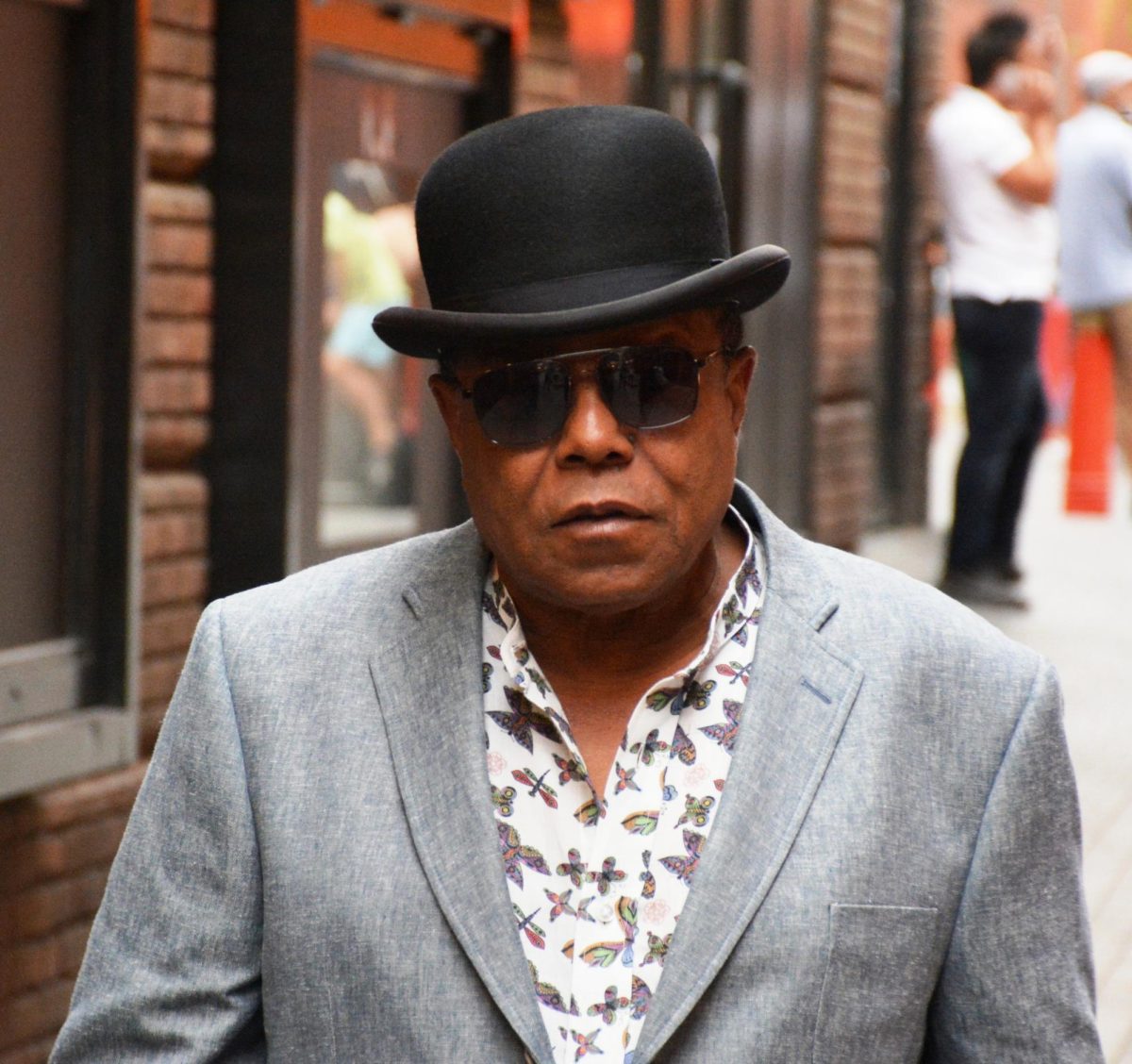
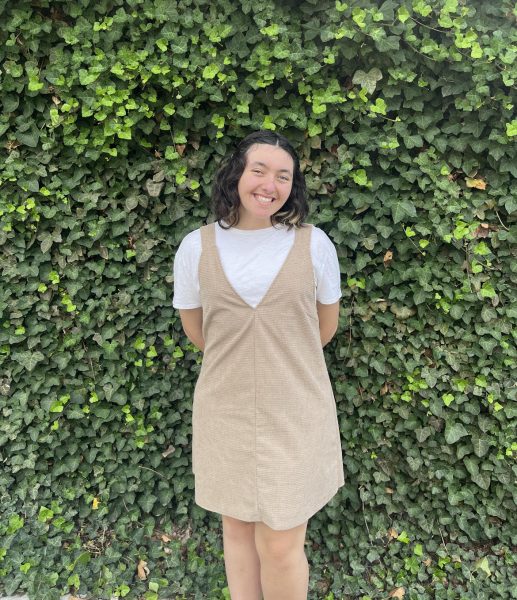
Rainy Green • Nov 29, 2023 at 6:01 am
This movie was even worse then the second, leave well enough alone. The first was the best, you can’t improve on that!!!!